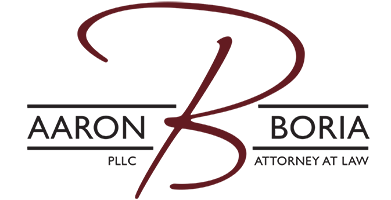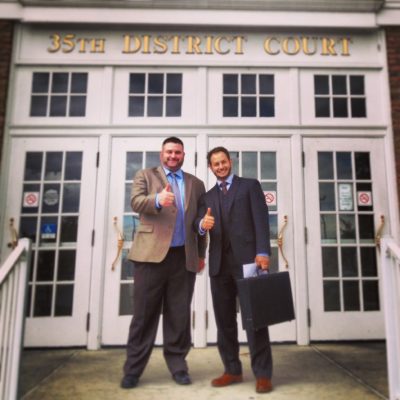
Health Care Professionals Working Under the Influence
Under MCL 750.430, it is a crime for a health care professional to practice their profession with a blood alcohol content of .05 or more. It is also a crime under that same law for a health care professional to practice under the influence of a controlled substance.
If a police officer has reasonable suspicion to believe that a health care professional is violating this law, they can require the health care professional to submit to a chemical test.
Notice of Chemical Testing Rights and Health Care Professionals
The officer is required to let the health care professional know that if they refuse the test the officer may seek a court order, and if the health care professional submits to the test, they can obtain their own chemical analysis from a person of their own choosing. If the officer fails to advice the health care professional of these two issues the test is inadmissible in future court proceedings under paragraph 3 of MCL 750.430.
Penalties for a Health Care Professional Practicing Under the Influence of Alcohol or Drugs
Under MCL 750.430, a first offense for a health care professional that is found guilty of practicing under the influence is guilty of a misdemeanor with a maximum penalty of up to six months in jail and a fine of up to $1,000.00 plus costs. MCL 750.430 (8)(A)
A second offense results in a misdemeanor punishable by up to one year in the county jail and a fine of $1,000.00 to $2,500.00 MCL 750.430 (8)(B)
For a first of subsequent offense, the court is required to order the health care professional to participate in the health professional recovery program.
Avoiding a Conviction for Practicing Under the Influence of Drugs or Alcohol
Aside from the obvious defenses of challenging probable cause for arrest, or challenging the chemical test results it is also possible to obtain a dismissal by a safety net built into the statutes.
Under MCL 750.430(9), if the health care professional does not have a prior conviction for practicing under the influence it may be possible to seal the record and avoid a conviction.
To be elidable, the health care professional’s conduct must not have caused any harm to the patient. The prosecutor and the victim must be in agreement that the health care professional receive this special treatment.
The health care professional must agree to participate in and complete health professional recovery program.
If all of that is done, a conviction will not be entered, and the matter would be removed from public record as if it never happened.
Criminal Health Care Defense Lawyer
If you are a health care professional and you have been charged with a crime than you need to call criminal defense attorney, Aaron J. Boria.
Boria has successfully represented health care professional accused of crimes in courtrooms across Michigan.
From one professional to another, attorney Aaron J. Boria understands how important your career is. Call today for the help you need (734) 453-7806.




